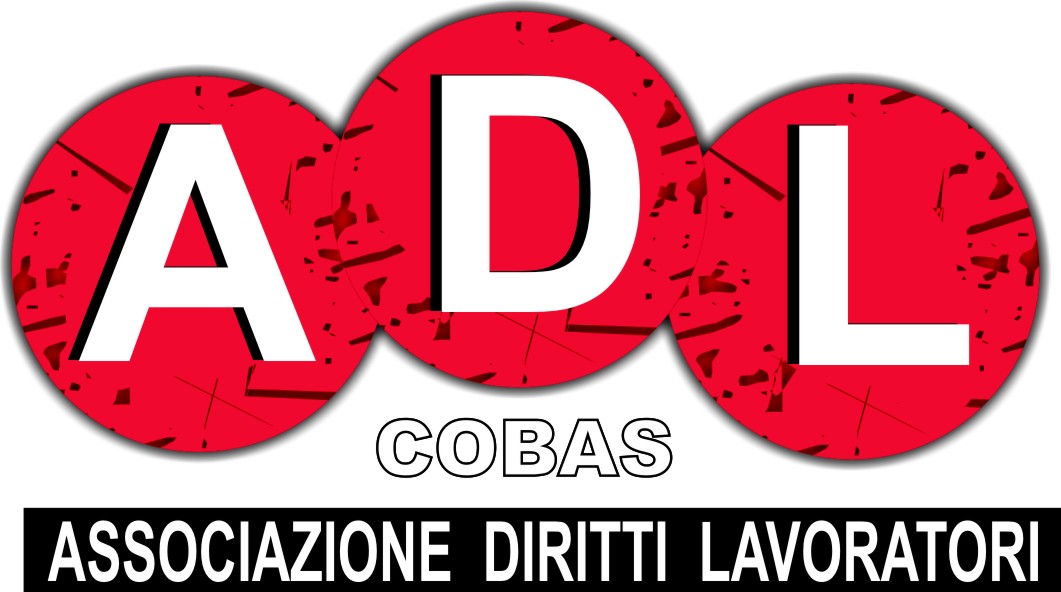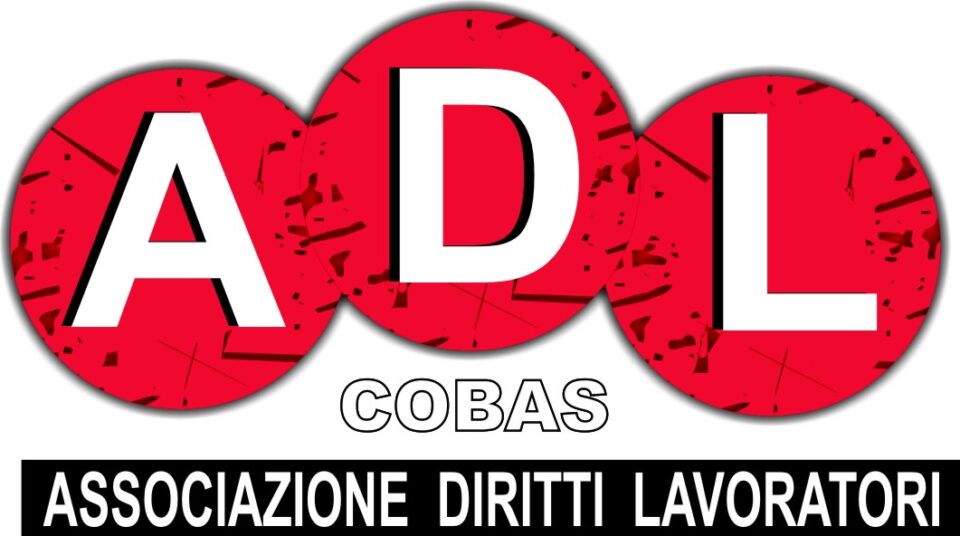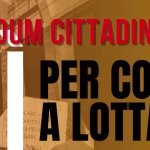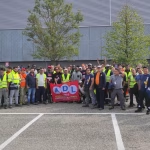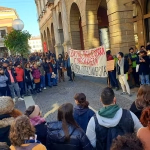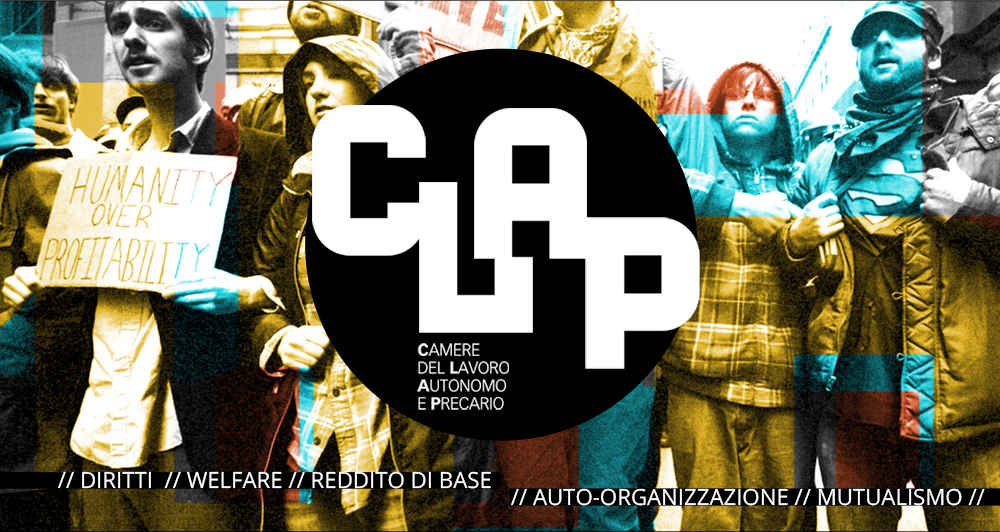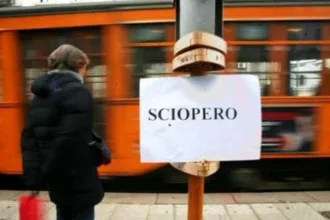On Monday 4th of April 2016, SOLIDAR and its partner Multicultural Center Prague (MKC Prague) held a conference to present five country reports on labour rights violations from the LABCIT project and to present SOLIDAR’s vision of high social safeguards. The event aimed to promote fair labour mobility in the EU and to make a case for strengthening “labour citizenship”. The LABCIT project, “Testing EU Citizenship as Labour Citizenship: From cases of Labour Rights Violations to a strengthened Labour Rights Regime”, which is co-funded by the Europe For Citizens Programme of the European Union, joined together twelve partners from eleven countries to investigate cases of labour rights violations of mobile EU citizens. The project held several hearings and consulted with over 250 workers, labour experts, and civil society actors and stakeholders.
PART I: EU CITIZENSHIP AND LABOUR RIGHTS VIOLATIONS
The first part of the event, chaired by MKC Prague’s Director Marek Čaněk, regarded labour and social rights as pivotal for ensuring the labour citizenship of mobile EU workers. It proposed several recommendations to overcome potential regulatory failures at the national and EU level, mainly in systems of subcontracting, temporary agency work, intermediaries, etc. To highlight the systematic exploitation of workers, a video from the LABCIT project partner the Polish Social Council (Germany) on the experiences of Polish workers in the meat processing industry in Germany was screened.
In his opening remarks, Pavel Trantina, President of the Section for Employment, Social Affairs and Citizenship of the EESC, considered the conference to be a timely contribution to the work of the EESC in the current debate on fairer labour mobility, and argued that the experiences of all migrant workers can help us in reviewing national social protection systems.
Professor Devi Sacchetto (University of Padova) stressed that it is difficult for EU mobile workers to practice European citizenship when national citizenship is weak in the country of origin. The cases demonstrate that workers often experience a “lottery of help” when seeking assistance against labour violations: selective and insufficient interventions from public institutions, diverse and complex legal regimes, and clashing temporalities between mobile workers on the one hand and NGOs and trade unions on the other. Professor Nathan Lillie (University of Jyväskylä) argued that EU citizenship is being mostly formulated as market rights and not as labour rights. In practice this means there are little checks for the powerful actors on the market which in turn promotes fraud by cheating workers of their wages, contracts, and rights – as demonstrated in the LABCIT cases. Given that the freedom to work and live anywhere in the EU has become the cornerstone of EU citizenship, then the issue of Labour Citizenship is a make or break of integration.
Joachim Schuster (MEP, S&D) stressed that the main problem in his view is “a huge discrepancy between economic freedoms and provisions of social rights.” Thus, the EP’s Employment Committee is working to revise the Posting of Workers Directive, proposing suggestions to ensure labour rights (eliminate bogus self-employment, combat precarious work in the digital economy, etc), and pushing for measures to ensure a process of social convergence in the EU.
REDEFINING SOCIAL DUMPING: BEYOND THE EAST-WEST EUROPEAN DIVIDE
The session focused on social dumping evasion and perspectives for overcoming an Eastern versus Western European framework. To demonstrate the exploitation that workers face and their struggle against it, a video on warehouse workers in the Italian logistics sector in Padova was screened – filmed by LABCIT project partner the University of Padova (Italy).
Dr. Bettina Haidinger (FORBA Austria) discussed soft and hard law measures in increasing liability in subcontracting chains, including through strengthening collective action approaches. She recommended the reduction of complex legislations, strengthening labour inspectorates and social considerations in public procurement, and emphasised that trade unions should have a prominent role in organizing atypical workers together with directly employed staff. Dr. Magdalena Bernaciak (ETUI) argued that social dumping has become a “business model of exploiting differences between countries.” She further explained that low wages are not equivalent to social dumping, and that the focus on low-wage countries as social dumpers is misleading (i.e. many social dumping practices are initiated by high wage level countries, such as letter box companies). Crucially, social dumping is not necessarily a cross border phenomenon and can occur in the same country. However, EU level action remains indispensable as a way forward (e.g. closing loopholes through regulatory changes, enforcement of existing regulations, and cooperation between EU member states’ controlling authorities).
Dr. Sam Hägglund (European Federation of Building and Woodworkers) stated that lowering the prices of wages is at the core of evading regulations. The solution is not only through legislation and protection under law, but it is primarily about the practice and implementation of this protection. In responding to the debate on posting of workers, he pointed out the trade unions’ coordinated effort prior to the publication of the recent EC proposal on the Revision of the Posting of Workers Directive, which contributed to the principle of equal pay for equal work at the same place. Paul, a worker in the logistics sector in Padova in Italy, stressed that ending the system of subcontracting through cooperatives is crucial for ensuring workers’ rights and for ending their exploitation in the industry.
PART II: SOLIDAR ROUNDTABLE ON DEFINING SOCIAL SAFEGUARDS: A EUROPEAN PERSPECTIVE
SOLIDAR presented its position paper on social safeguards that has been developed over the past months together with its members. The paper presents a set of social safeguards that are considered by SOLIDAR members as essential for providing a high level of social protection in the European Union. As mentioned by SOLIDAR’s Secretary General, the position paper is “the product of the work of our members” and represents an insightful advocacy tool in relation to the upcoming proposals for a Pillar of Social Rights and the Labour Mobility Package.
Launch of SOLIDAR briefing “Social Safeguards: A European Perspective”
André Hudepohl (Humanitas, Netherlands) presented an overview of the paper. SOLIDAR wants to see economic and social policy reforms at EU and national level that lead to a real upward social convergence and that are supportive of a socially inclusive Europe, providing economic security for all, fighting poverty, inequality and discrimination, promoting equal opportunities for all across all fields of life. Such a rights-based approach builds on comprehensive and integrated social policies that are based on high-level social safeguards such as the availability, accessibility and affordability of services of general interest, in particular in the social, health and education sectors, as well as adequate minimum income and minimum wage schemes.
MEP Terry Reintke (Greens/EFA, Germany) critically evaluated the proposal of the upcoming pillar of social rights, stating that it was a “compilation of existing pieces of legislation”. It is very important to realise that we have an inequality crisis in the EU and that the BREXIT discussion seems to negatively influence the Commission’s ambition to present a strong and progressive proposal for the Pillar. It was as if there is a trend of “certain fatigue on this topic from the European institutions” and she called on NGOs and trade unions to bring a more proactive commitment into the debate. Responding to the critical remarks, Mr. Jordi Curell, Director for Labour Mobility in the Social Affairs Directorate of the Commission’s DG EMPL argued that “it is a bit too early to speak about lack of ambition” since the European Commission is still undergoing consultations with all stakeholders. Whilst declaring that “it is more than a catalogue of what (already) exists, it is a starting point”, he explained that it will comprise the areas of equality, fair working conditions (including analysis of new forms of jobs) as well as adequate social protection. According to Mr. Curell, the European Commission “could have chosen to postpone the package because of Brexit but decided not to do that”, thus highlighting a level of political will under Juncker’s Presidency.
Claude Denagtergal (ETUC) argued that the current proposals are very weak indeed and that the ETUC regrets that there is no specific reference to the rights of mobile workers. Another element which Mrs. Denagtergal regretted not to be a core element of the upcoming problems is the principle of “chosen” (voluntary) mobility. Finally, Mrs. Denagtergal stressed that public consultations are not concise enough for a real and effective social and civic dialogue.
The final remarks of the event were those of SOLIDAR’s Secretary General, Conny Reuter who stated that it was important to “build bridges between civil society and trade union movements in order to foster continuous cooperation with the institutions.” Promoting a ‘Social Europe’ is not just a question of a project, but also requires a shared and communal vision of what kind of societies will evolve in Europe. Concluding the event, Conny Reuter stated that “there is a need for new generation, with social responsibility and less of a consumerist behavior”. Only through a change in mentality and demands for better protection for all individuals in a society, can European Member States reduce the advance of populist and xenophobic parties.

